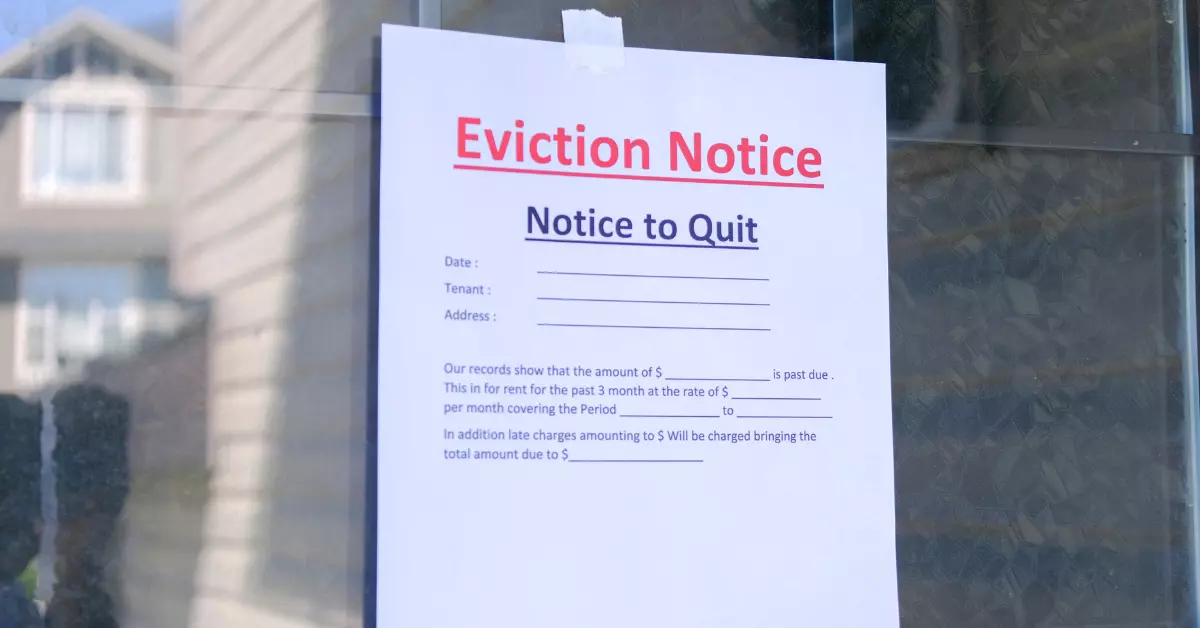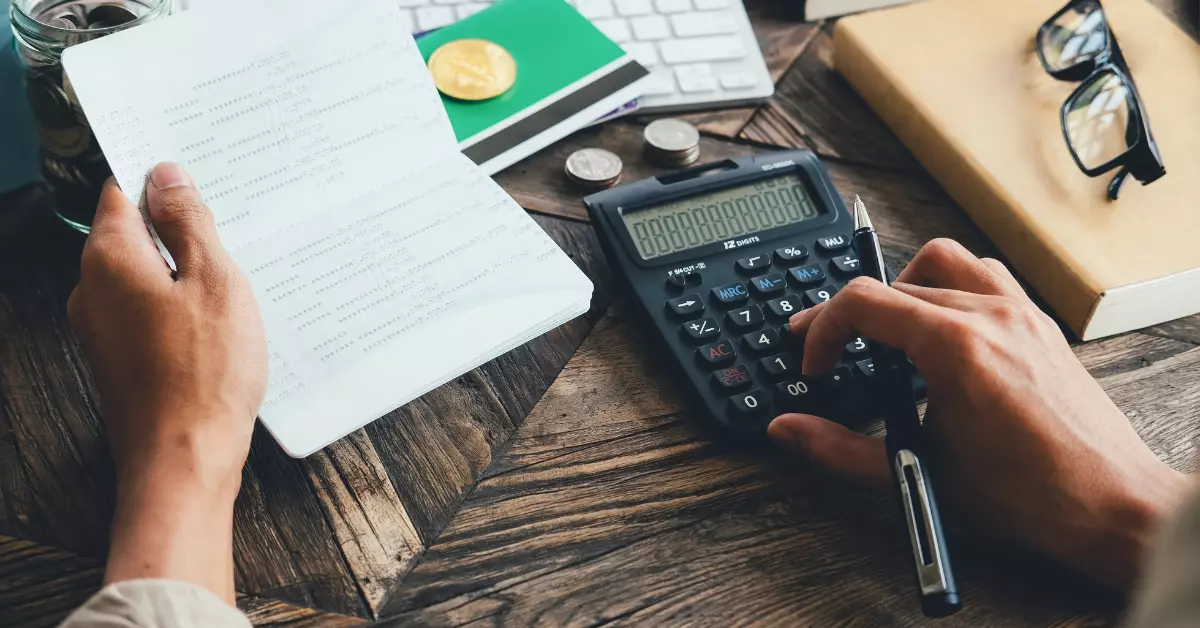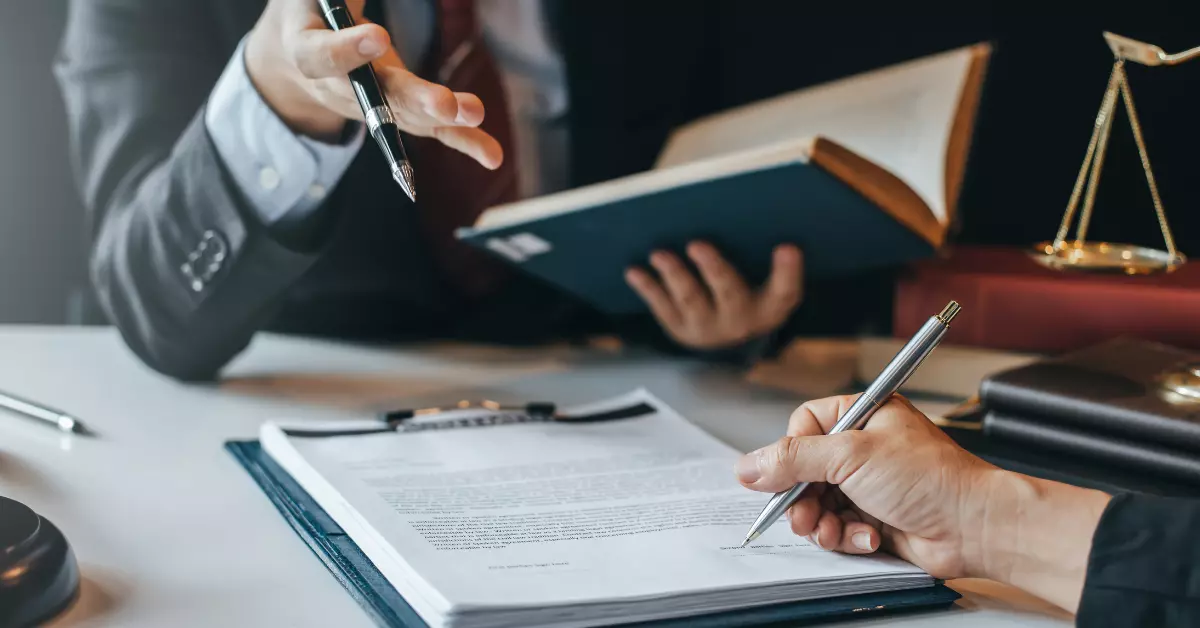Can a Landlord Evict You for Personal Use? Rental Awareness
A landlord can evict you for personal use of the property, but they must give sufficient notice and follow specific legal procedures. Generally, landlords may only evict tenants for a few reasons such as non-payment of rent, material noncompliance with the lease, or criminal activity.
However, a landlord can evict a tenant for personal use if they plan on moving in themselves or allowing a family member to do so. In this case, the landlord must provide adequate notice to the tenant and ensure they follow all legal procedures.
Tenants may also have some legal rights and options to challenge or negotiate the eviction, such as seeking legal advice or filing a dispute with a local tenancy board.

Understanding The Law And Your Rights
If a landlord wants to evict his tenants from the property for personal use, he has certain rights. Here are some of the key points to consider if you receive an eviction notice:
- The landlord should provide a written notice to the tenant outlining the reason for eviction, including their intention of reclaiming the property for personal use.
- The landlord must provide a minimum of 60 days’ notice before evicting the tenant.
- The landlord has to prove that they intend to move into the rental property as their primary residence or that they are selling the property rather than just looking to rent it out to a new tenant.
Know Your Tenant Rights And Protections
As a tenant, you have rights and protections under the law. Here are some of the key points to keep in mind if you receive an eviction notice:
- The tenant protection act of 2019 requires landlords to provide a tenant with one month’s rent or allow the tenant to move back into the unit at a similar rate, for up to one year after eviction, if the landlord re-rents or advertises the unit at a higher rate.
- If you receive an eviction notice, you can dispute it by filing a dispute resolution application with the residential tenancy branch (RTB).
- Keep in mind that the landlord cannot evict a tenant for personal use if the building is a strata unit and the strata bylaws prohibit that behavior.
Getting Legal Help When Facing Eviction
Facing an eviction can be overwhelming and stressful. Seeking legal help can make a difference in ensuring your rights are protected. Here are some key points to consider:
- The tenant resource and advisory center (trac) provide a range of information and services related to tenancy, including legal advice.
- If you dispute an eviction notice, the RTB will schedule a hearing, and you should consider seeking legal representation to advocate on your behalf.
- Landlords and tenants may benefit from having legal representation to help ensure that their rights are protected.
Grounds For Eviction: The Personal Use Clause
A personal use clause is a common provision in lease agreements, which allows the landlord to occupy the rental property for personal use.
It is an essential clause that enables the landlord to evict the tenant legally in case the landlord needs the property for personal use.
The clause is typically included in the lease agreement, and it outlines the landlord’s rights and responsibilities, as well as the tenant’s.
When Can A Landlord Invoke The Personal Use Clause?
A landlord can invoke a personal use clause only under specific circumstances. The most common reasons for invoking this clause are when the landlord or a member of their immediate family needs to occupy the rental property as their primary residence or when they require the property for business purposes.
For the landlord to be able to utilize this clause, they need to provide a written notice to the tenant at least two months before the intended eviction date.
Furthermore, the landlord must have a genuine and legitimate reason for the eviction that complies with local regulations.
How To Contest A Personal Use Clause Eviction Notice
If a tenant receives an eviction notice due to personal use and believes that the landlord’s reasons for eviction are not genuine or legitimate, they can challenge the eviction.
It is essential to take appropriate action as soon as possible and within the timeline specified in the notice.
Here are a few steps to consider:

Check the notice thoroughly
Ensure that the eviction notice complies with local regulations and that the landlord has provided adequate notice.
Consult with a legal expert
It is always best to consult with a legal expert who can provide guidance on how to proceed.
Request proof of personal use
The landlord must provide evidence that they need to use the property for personal reasons. Request for this evidence and evaluate it to make sure it is genuine.
Respond to the eviction notice
In many cases, tenants must provide a response to the eviction notice stating their objections. Ensure that the response is timely and adequately addresses the required points.
The personal use clause is a vital component of a lease agreement that provides landlords with the legal basis to evict tenants legally.
Still, it is essential to understand that landlords must follow specific guidelines when evicting their tenants under this clause.
As a tenant, it is crucial to understand your rights and options in such a context to avoid unnecessary eviction.
Handling A Personal Use Eviction: Practical And Legal Considerations

Preparing For The Possibility Of Personal Use Eviction
As a tenant, it’s important to understand that a landlord can, in certain circumstances, evict you to use their property personally.
This could happen if the landlord decides to move in themselves, sell the property to someone looking to live there, or if they plan to give it to a family member.
While you may not be able to anticipate such situations, it’s always best to be informed about your rights and prepare for the possibility of eviction for personal use. Here are some practical steps you can take:
- Stay in contact with your landlord and regularly update them with any changes in your situation.
- Document all communications with your landlord, including phone calls and emails.
- Familiarize yourself with the local rental laws and regulations.
- Ensure that all your rent payments are up-to-date and that you’re following the terms of your rental agreement.
What Happens During An Eviction For Personal Use?
If your landlord decides to evict you for personal use, they must give you proper notice in advance.
The amount of notice required and the reasons for eviction may differ depending on the location. Once you have received the proper notice, you can choose to accept the eviction or dispute it.
If you choose to contest the eviction, the matter may have to be settled in a court of law. It is important to note that if you do not vacate the property by the date specified in the notice.
The landlord may be able to involve law enforcement to physically remove you and your possessions from the property.
Rights And Responsibilities After An Eviction For Personal Use
If you are evicted for personal use, it’s important to understand your rights and responsibilities.
In most cases, you may be entitled to compensation from your landlord for the inconvenience and costs associated with moving out. However, this will depend on the local rental laws and regulations.
Additionally, you are responsible for leaving the property in the same condition as when you moved in. This includes cleaning the property and repairing any damages caused by you or your occupants.
Be sure to leave the property in a state that you would be comfortable moving into yourself.
Frequently Asked Questions For Can A Landlord Evict You For Personal Use?
Can A Landlord Evict A Tenant For Personal Use Of The Property?
Yes, in some states, landlords can evict tenants if they need the property for personal use. However, the landlord must follow proper legal procedures and give the tenant adequate notice.
How Much Notice Does A Landlord Need To Give A Tenant When Evicting For Personal Use?
The amount of notice needed varies depending on the state and local laws. It can range from 30 to 90 days. The notice must be in writing and include the landlord’s intention to move in.
What Can A Tenant Do If They Receive An Eviction Notice For Personal Use?
The tenant can negotiate with the landlord about the eviction. They can try to come up with a mutual agreement that benefits both parties. If negotiations fail, the tenant can seek legal advice and challenge the eviction in court.
What Are Some Common Reasons Landlords Evict Tenants For Personal Use?
Landlords may evict tenants for a variety of reasons, such as moving in themselves or relocating family members. They could also claim they need to renovate or sell the property. The reasons must be legitimate and specified in the eviction notice.
Conclusion
If a landlord needs the property for personal use, they may have legal grounds to evict you. However, laws vary by location, so understanding your rights and seeking legal advice is essential. Ensure you’re well-versed in your local regulations to protect your tenancy.
Referencehttps://guides.sll.texas.gov/landlord-tenant-law/evictions